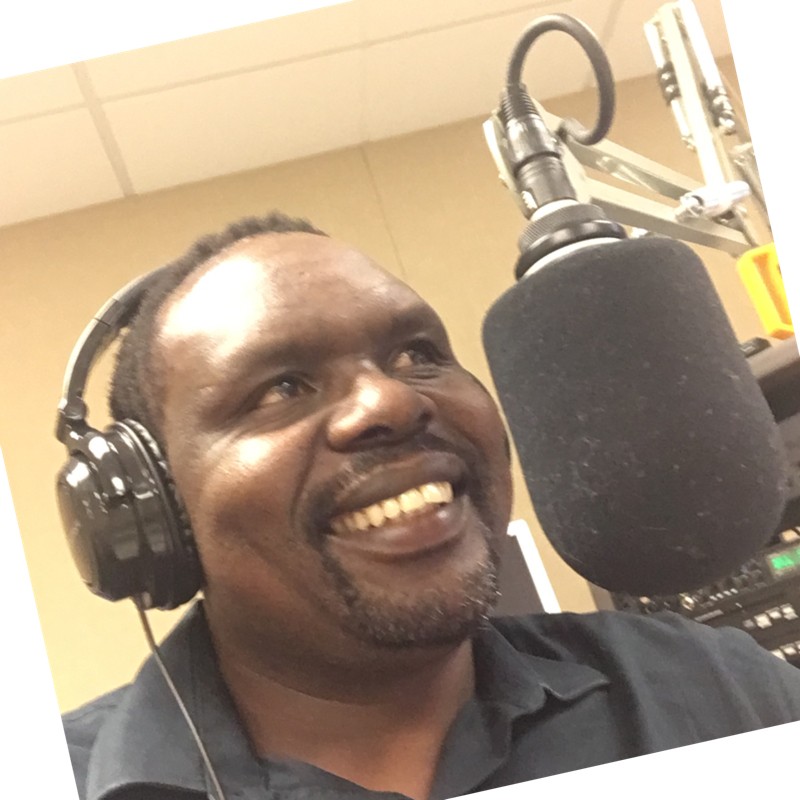But Tribalism Still Stands in the Way
(Editor’s note: Mshale West Coast Correspondent, Edwin Okong’o was in Kenya this past summer as a human rights fellow with the University of California’s Human Rights Center- this is one of the reports he filed. Other reports are available here on Mshale.com)
NAIROBI, Kenya—Fredrick Odhiambo stands with a microphone in the heart of Nairobi’s financial district. Odhiambo, 27, is not a typical Kenyan street performer. He doesn’t preach about God. Nor does he claim to posses the secret cure to impotency or any incurable diseases. Nevertheless, scores of people listen to him attentively as he addresses them through a bullhorn speaker that is barely audible from 25 yards away.
“We are hungry and homeless, regardless of what tribe we belong to,” he says in Kiswahili.
The audience of about 100—consisting mostly young people—applauds. “This is a war between the rich and the poor,” Odhiambo adds.
He continues speaking and shouting insults at the government and political leaders.
“They are corrupt. They only care about themselves,” he says pointing in the direction of Parliament.
There are more cheers as Odhiambo cites, as evidence, a salary increase that Parliament awarded itself soon after commencement in 2003 and recent media reports about Kenyan MPs being among the highest-paid legislators in the world.
Odhiambo represents young Kenyans who have taken advantage of their country’s newfound freedom of expression to openly criticize the government and politicians. The legalization of multiparty politics in 1991 has tremendously improved people’s freedom to speak their minds. Across the nation, people can now discuss politics in buses, and other places of gathering without fear of being arrested.
The freedom has greatly increased since 2002 when the National Rainbow Coalition—a union of opposition political parties—toppled the Kenya National African Union. KANU had been in power for nearly 40 years under a de facto single party system.
Adams G.R. Oloo, a professor of political science at the University of Nairobi, says that it’s a good thing that young people are using this liberty to air their grievances. But he says that unless they strive to deeply understand Kenyan politics, their efforts will end in vain.
“The youth have to understand that this is not a war of class. Class has nothing to do with age,” Oloo says. “This is a war of generations.”
Oloo says Kenyans of all ages still identify themselves by tribe and that unless they do away with that habit, the country’s fight against corruption and poverty will not be won.
“Voters have to focus on removing the older generation [of politicians] which uses tribe as a mobilizing device,” Oloo says.
Since 1963 when Kenya got its independence, tribe has played an important role in hiring in all levels and sectors of the country’s economy. It’s still very common for, say, a manager to turn down or ask a qualified applicant for a bribe just because he comes from a different tribe.
James Maina, coordinator of Hema la Katiba, a youth movement advocating for a new constitution, agrees with Oloo. Maina says politicians only run to their tribesmen when they are in trouble.
“When they’re raising their salaries in Parliament the word “tribe” never comes up,” Maina says. “But when they are caught stealing they say their tribe is being persecuted.”
Maina says by pointing out such facts, young organizers hope to make Kenyans understand that corruption stems form tribalism.
But there is also a fact that young people are ignoring in their criticism of the government, according to Wambui Kiai, the director of the School of Journalism at the University of Nairobi.
“[President Mwai] Kibaki’s government has been in power for less than four years,” she says. “It’s impossible for him to correct mistakes made during the 40 years before him.”
She, however, concedes that Kibaki’s failure to condemn the salary raises for legislators makes it more difficult for him to show that his government is serious in its stance against corruption. The annual per capita income in Kenya is a paltry $1,200, and 50 percent of the country’s 33 million people live below the poverty line.
Odhiambo is aware that the fight for a better life is not easy. Yet he promises to continue educating people, a challenging task for a primary school drop out. Unlike the majority of his audience, he doesn’t speak English.
“I could have gone to school if my father didn’t abandon us,” he says, clearly irritated by the question.
Odhiambo’s father was a mayor of a town in Nyanza Province. He left the family when Odhiambo was in the fifth grade. His mother, who had no job, could not afford him a secondary school education. Odhiambo now uses his pain and experience to tell the story of Kenya’s poor, he says.
He shows up almost every day at the same spot—an area of Nairobi commonly known as Kencom. It’s one of the busiest bus stations. Odhiambo comes here at around 4 p.m to get the attention of Nairobians leaving work.
Before he begins this evening’s talk, he passes around a few copies of The Nation, Kenya’s number one daily. It’s that day’s copy and Odhiambo’s picture is on the cover. The picture was taken the day before during a protest demanding that the government allows the public to enter Parliament on the day the Finance Minister reads the budget. Odhiambo was at the forefront of the demonstration.
“The government thinks I’m a lunatic, but you know what I say makes sense,” he shouts. “If you can’t find a better candidate to run for President, tell me. I will get on the ballot.”
The audience lets out a prolonged laughter before dispersing.
About Edwin Okong'o - Mshale Contributing Editor
Edwin Okong'o is a Mshale Contributing Editor. Formerly he was the newspaper's editor.




